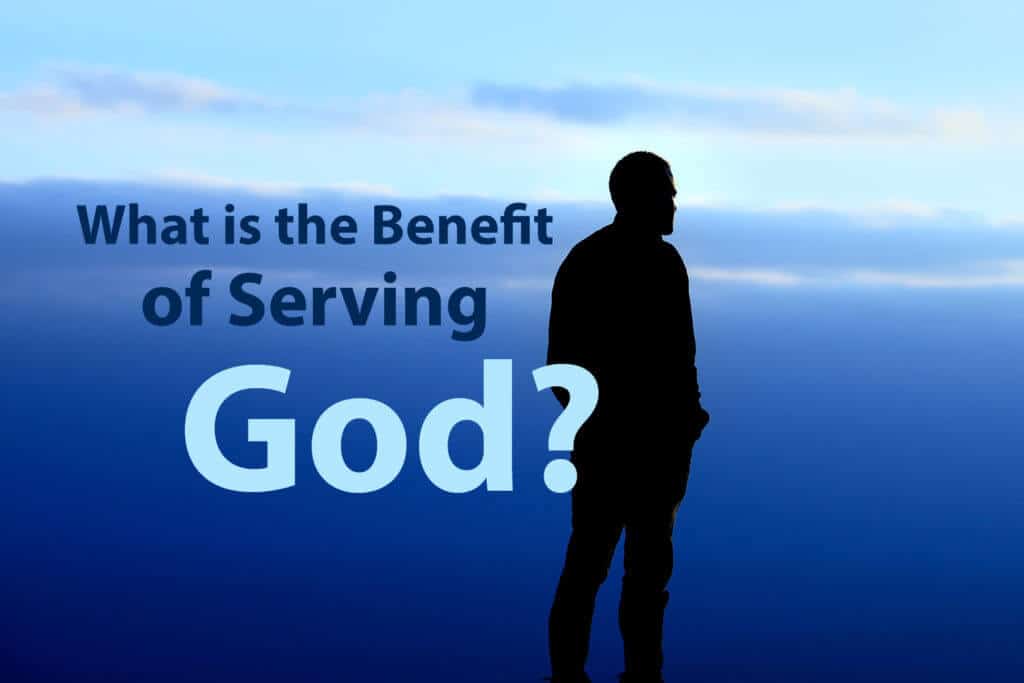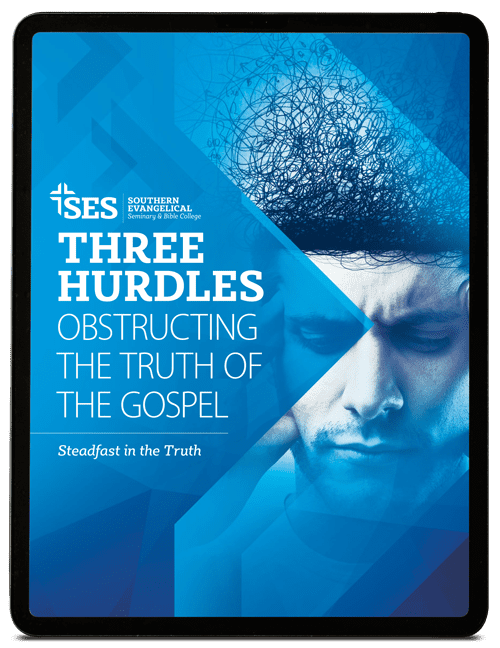Most people, as they are deliberating about what to do, have asked themselves some form of the question: What’s in it for me? We do not like to admit to this self-centered calculation at the heart of our choices. In some instances, it is appropriate. For example, when purchasing an item or pursuing a physical training regimen or diet, it would be inattentive to not think about how one personally benefits. When it comes to evaluating relationships, however, things get a bit stickier. Who wants to go into a marriage thinking solely about one’s personal benefit? Who relates to a parent or sibling or child with only oneself in mind? If this sort of calculation is illicit in close family relationships, what about in our relationship to God?
When we look at a classic psalm in this regard, Psalm 73, what we will find is not that the psalmist tells us to forget assessing our relationship to God based on our personal benefits, but that we evaluate it rightly based on the kind of benefits at issue. Let me elaborate. In the first half of the psalm, we see the author envying the wicked. He sees their physical health, material wealth, lack of care and easy life. His assessment is “Surely in vain have I kept my heart pure; in vain have I washed my hands in innocence” (v. 13).
Here is the rub, if one pursues the righteousness of God and a relationship with Him in order to obtain physical health, material wealth and the trappings of an easy life, then you will be disappointed. The psalmist here is evaluating the pursuit of God against the obvious benefits in this life and concluding that the pursuit is a vain one. But this is only his initial conclusion in the first half. Given some important new data, he ends up concluding otherwise.
By the mid-point in the psalm, we have our new data: “When I tried to understand all this, it was oppressive to me till I entered the sanctuary of God; then I understood their final destiny. Surely you place them on slippery ground; you cast them down to ruin. How suddenly are they destroyed, completely swept away by terrors!” (v. 16 & 17).
In the Christian evaluation, on a long enough time line, there is either repentance and relationship with God or there is judgment. If you think you see the wicked prospering, just wait.
And just to circumvent the objection that Christians endure suffering today for some vague promise of future bliss, look at what the psalmist concludes: “Yet I am always with you; you hold me by my right hand. You guide me with your counsel, and afterward you will take me into glory. Whom have I in heaven but you? And earth has nothing I desire besides you. My flesh and my heart may fail, but God is the strength of my heart and my portion forever” (v. 23-25)
Notice, it is not just about the future glory for which the psalmist hopes. He enjoys the support and counsel of God here in this life. As opposed to the unrighteous for whom God is a terror; for the psalmist the presence of God is a delight. By the end of the psalm, we have a calculation about the benefit of serving God. What’s in it for me? Not necessarily physical health or material wealth but the contented enjoyment of God himself. His guidance and His counsel. And the promise of an everlasting future with Him.
“For what does it profit a man to gain the whole world, and forfeit his soul?” Mark 8:36
“If we have hoped in Christ in this life only, we are of all men most to be pitied.” I Corinthians 15:19






